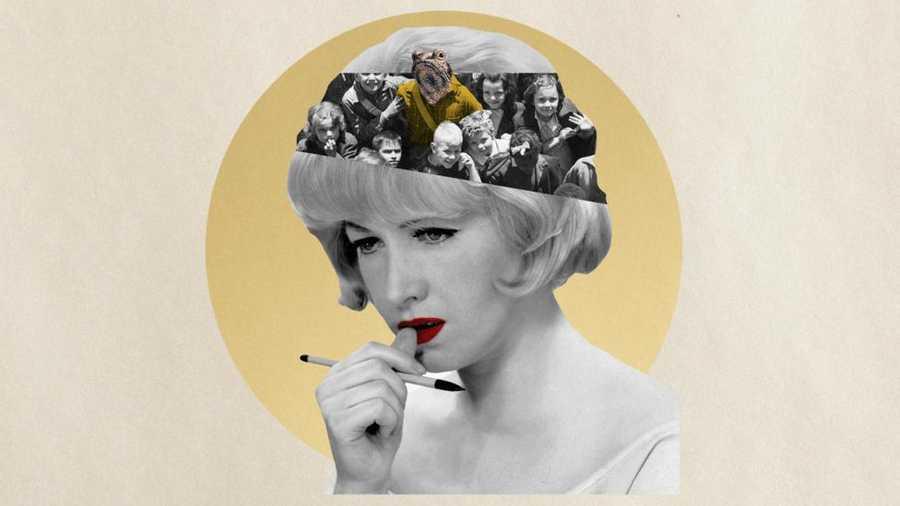The Entrapped Mind
Our conscious memory (made up of semantic and episodic memories) allows us to remember not just what happened in the past, but also basic knowledge of things around us. Specifically, episodic memory helps us remember or reconstruct events we experienced or events that could have happened in the past but didn’t.
Indeed, research shows that recalling memory is a process of imagination – we often recreate past events in a way that isn’t necessarily accurate, but rather affected by our current beliefs and emotional state. This can make our past look even better than it was.
20
163 reads
CURATED FROM
“Cognitive Immobility”: When We’re Mentally Trapped In A Place From Our Past
theconversation.com
12 ideas
·1.78K reads
IDEAS CURATED BY
If you have moved from one country to another, you may have left something behind – be it a relationship, a home, a job, a feeling of safety or a sense of belonging. Because of this, you will continually reconstruct mental simulations of scenes, smells, sounds and sights from those places – sometimes causing stressful feelings and anxiety.
“
The idea is part of this collection:
Learn more about psychology with this collection
How to close the deal
How to handle objections
How to present your value to your employer
Related collections
Similar ideas to The Entrapped Mind
False pasts
Most of us forget more than we remember. We change memories to make sense of what has happened in our lives. When we then recall a memory, we reconstruct the events in our minds and even shape them to fit in with any new information.
Types Of Memory
- Declarative (or Semantic) memory is our factual memory which stores the details like the information and figures, but not the visual, emotional or sensory details.
- Episodic Memory stores our life events, for us to be able to relive our past, complete with...
The benefits of our faulty memory
The limits of our memory serve us well in many respects.
- Limited memories are useful trade-off to allow us to function and survive. We have thousands of memories, for example, of tables. If we recall all the events related to a table, it will create mass confusion w...
Read & Learn
20x Faster
without
deepstash
with
deepstash
with
deepstash
Personalized microlearning
—
100+ Learning Journeys
—
Access to 200,000+ ideas
—
Access to the mobile app
—
Unlimited idea saving
—
—
Unlimited history
—
—
Unlimited listening to ideas
—
—
Downloading & offline access
—
—
Supercharge your mind with one idea per day
Enter your email and spend 1 minute every day to learn something new.
I agree to receive email updates
